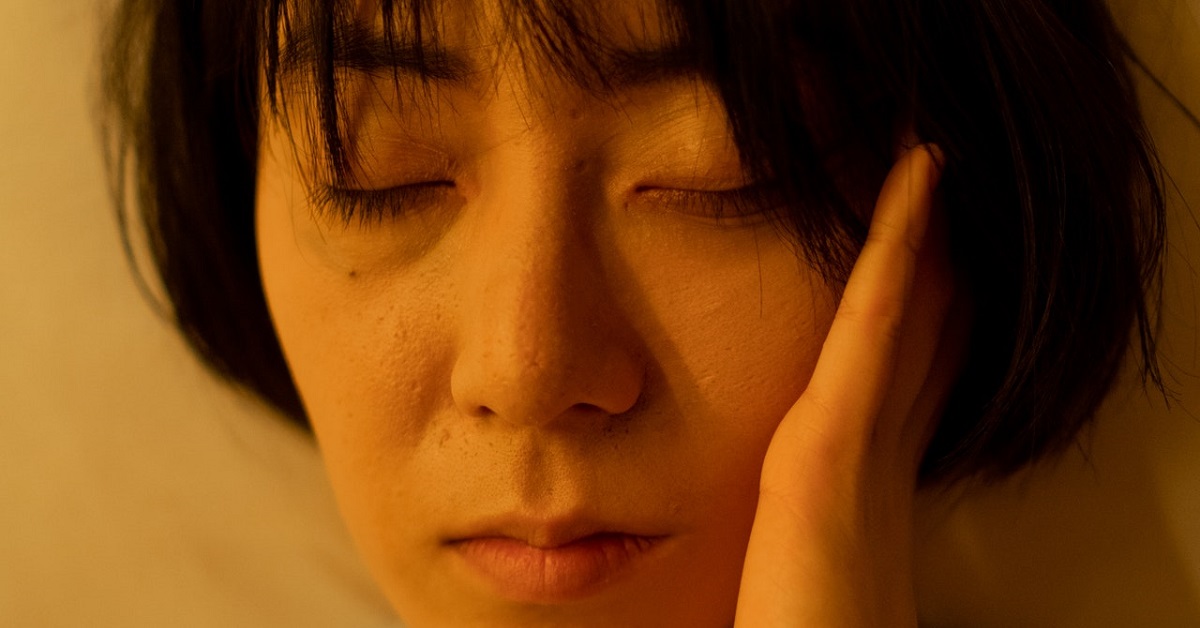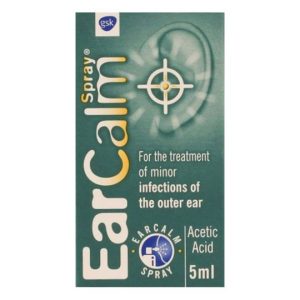Chemist.net Cookie Policy : We use cookies to enhance your user experience. To find out more please view our cookie policy
What's the Best Ear Infection Treatment?

How effective are home remedies for ear pain? You might believe that only children develop ear infections. Adults and older children are less likely to have ear infections, although they can still get them. Many times, ear infections resolve on their own without the need for medical intervention. There are remedies you can use at home to reduce ear aches. One of these remedies is ear infection spray.
How can I treat an ear infection myself?
It might be painful to have a persistent earache, but one of these natural cures can help.
Cold or hot compress
To relieve pain, apply an ice or heat pack to the affected ear. You can decide what temperature is ideal for you. To prevent it from becoming too hot or too cold, wrap it in a towel. It could burn you if it's too hot.
You can also switch between a warm and cold compress every 10 minutes.

OTC medications for pain relief
Ibuprofen and acetaminophen, two common painkillers, effectively lessen discomfort. When taken in the proper amount, acetaminophen or ibuprofen can help both adults and children sleep better. These drugs ease your discomfort by lowering your pain and fever.
If you're taking antibiotics, you could also take over-the-counter painkillers.
Sleeping position
Ear pain might be impacted by how you sleep. Rest with your head propped up with 2 or more pillows, elevating the ear that is bothering you above the rest of the body. Sleep on the right side if your left ear is infected.
Ear pain decreases with less pressure. Although a few inches might not seem like much in terms of pressure measurement, it might work. The success of this method depends on the individual and the severity of the symptoms.

Other possible treatments - ear infection spray
These additional DIY solutions could also offer some relief:
- Neck stretches: Your neck can be rotated and stretched to relieve the pressure that has accumulated in your ear canal.
- Ginger: Ginger juice applied to the outer ear canal, but not inside the ear canal, may reduce discomfort because of its anti-inflammatory qualities.
- Hydrogen peroxide eardrops: A few drops should be put in your ear. Allow it to drain into a sink after some time. Clean out your ear.
- Ear infection spray: Below is an effective ear infection spray to help you get rid of ear infections.
Earcalm Spray

When should you contact a pharmacist for an ear infection spray?
When left alone or treated at home, ear ache frequently goes away in two to three days. Often, all that is required is to take a painkiller and keep an eye out for symptoms that worsen. Having said that, it's critical to recognise when your discomfort may be a sign of a more serious problem.
Get in touch with your pharmacist if you:
- Discover that your ear is leaking fluid (like pus or blood).
- Have a headache, a fever, or you feel lightheaded.
- Think something is in your ear.
- Notice swelling behind your ear, particularly if the muscles on that side of your face feel weak or are immobile.
- Notice intense ear discomfort abruptly disappears (which could be a sign of a ruptured eardrum).
- Still experience severe symptoms after 24 to 48 hours.
Get in touch with us today for more products and treatment options.
This blog post was written on behalf of Chemist.net by Pharmacy Mentor.